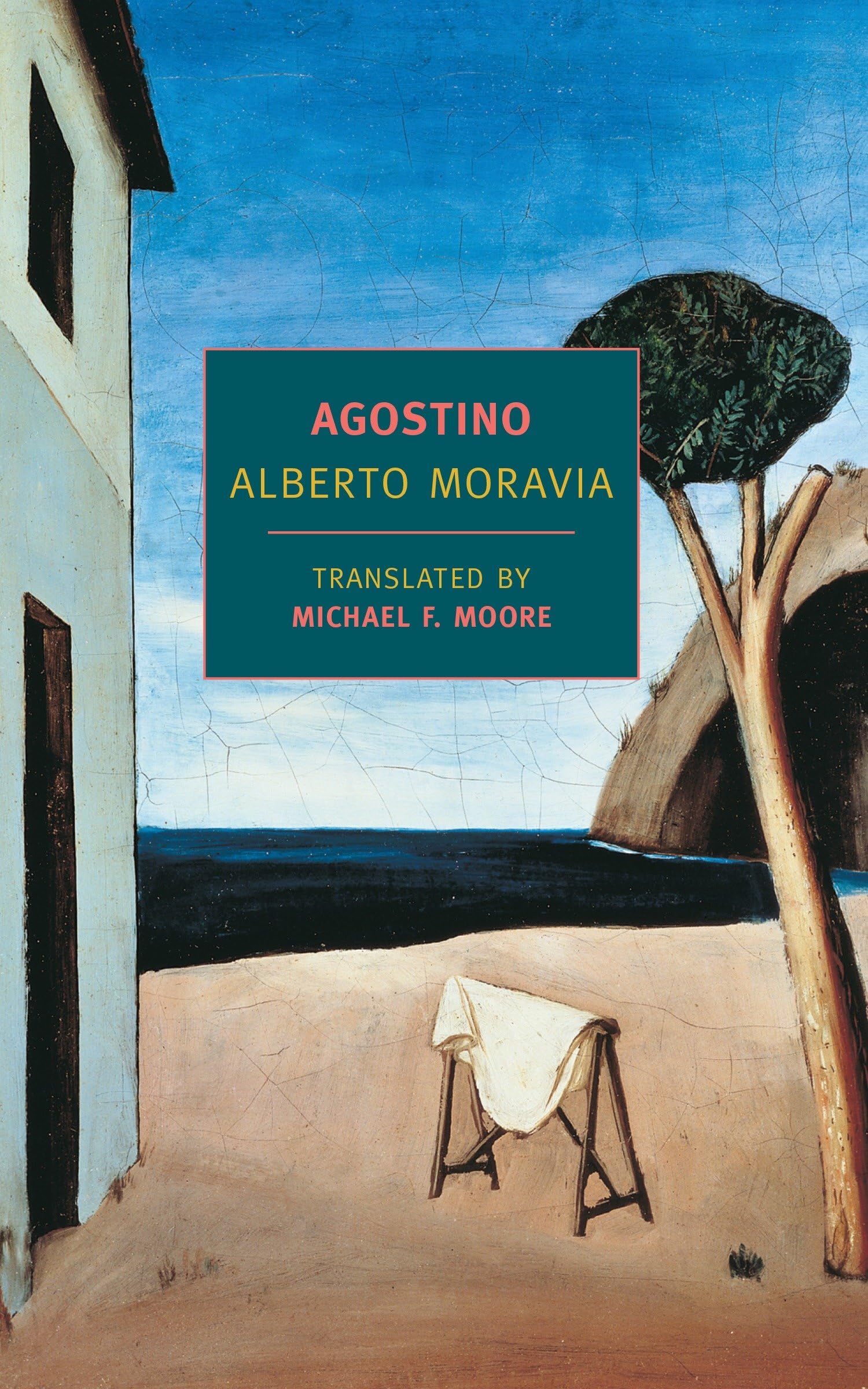
Two Women
Book Description
Betrayal, desire, and the quest for identity collide in "Two Women," a gripping exploration of love's complexities amidst the turmoil of post-war Italy. Two women, entangled in a web of friendship and rivalry, find their lives irrevocably altered by their passionate pursuits and desperate struggles for self-realization. As secrets unravel and loyalties are tested, the tension mounts, leading to shocking revelations that question the very nature of sacrifice and commitment. Can their bond survive the harshest of trials, or will their paths diverge forever? Discover how much a heart can endure when love and ambition collide.
Quick Book Summary
"Two Women" by Alberto Moravia is a moving historical novel set during and after World War II in Italy. The story follows Cesira, a resourceful Roman shopkeeper, and her teenage daughter, Rosetta, as they attempt to survive the war's devastation. Fleeing bombed Rome, they seek refuge in the countryside, only to face new dangers, hunger, and the constant threat of violence. As the conflict intensifies, mother and daughter experience trauma and betrayal, particularly during a harrowing incident by Allied soldiers that alters their relationship forever. Through their struggle for survival and dignity, Moravia masterfully explores the human cost of war, the complexities of maternal love, the loss of innocence, and the resilience required to move forward in the aftermath of tragedy.
Summary of Key Ideas
Table of Contents
The Human Cost of War
Set in the shadow of World War II, "Two Women" centers on Cesira and her daughter Rosetta as they flee bombing raids in Rome. Cesira, hardened by past hardships and determined to protect her daughter, takes Rosetta to the rural village of her childhood. The displacement exposes them to new dangers: hunger, suspicion from villagers, and the proximity of foreign soldiers. Through these daily struggles, Moravia paints a gripping portrait of civilian life in wartime Italy, where survival often overshadows moral and emotional concerns.
Maternal Love and Sacrifice
The novel's heart lies in the relationship between Cesira and Rosetta. Cesira's fierce maternal love prompts her every action, yet the chaos of war makes even basic protection impossible. Their bond is tested as Cesira faces not only external dangers but also her own conflicted emotions: guilt, frustration, and helplessness in the face of Rosetta's vulnerabilities. Their shared experiences become both a source of strength and a reminder of all that has been lost.
The Loss of Innocence
As violence escalates, the morality of prewar life dissolves. A traumatic encounter with Allied soldiers shatters Rosetta's innocence, deeply altering both mother and daughter. Rosetta's transformation—her emotional withdrawal and lost purity—serves as a poignant metaphor for Italy itself, scarred by conflict and moral ambiguity. Cesira, wracked with guilt, must come to terms with her failure to protect her daughter from the realities of war.
Resilience Amid Trauma
Despite overwhelming adversity, Cesira and Rosetta quietly demonstrate resilience. Cesira's resourcefulness in securing food and shelter, her determination to rebuild a semblance of normal life, and her gradual acceptance of Rosetta's changed nature embody the possibility of recovery. The novel suggests that even deep wounds can heal, and that love—though altered—can endure.
Identity and Self-Realization
In the end, "Two Women" is not only a tale of survival but also of identity. Both Cesira and Rosetta must reconstruct a sense of self from the wreckage of their experiences. Moravia explores how individuals redefine themselves amid chaos, shaped by suffering and the desperate quest for dignity and meaning. The narrative affirms the complexity of human bonds and the potential for renewal after even the deepest betrayals.
Download This Summary
Get a free PDF of this summary instantly — no email required.





